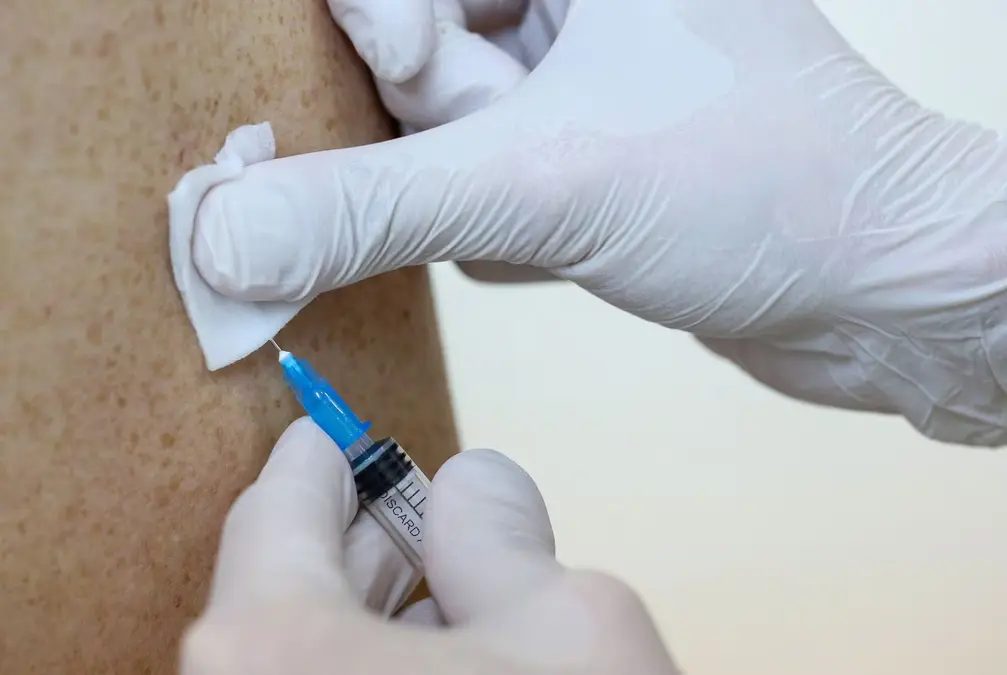T4K3.news
AAP breaks with federal Covid guidance for babies
The American Academy of Pediatrics now recommends Covid vaccines for babies six months to two years and defers to parents for older children, diverging from federal guidance.
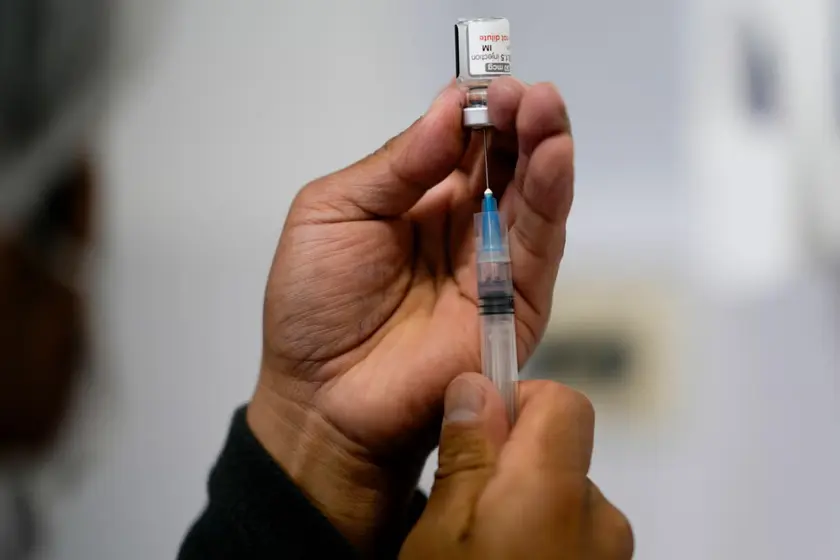
The American Academy of Pediatrics diverges from US government vaccine guidance for Covid vaccines in infants, signaling a rare policy split.
AAP breaks with federal Covid guidance for babies
The American Academy of Pediatrics has issued new guidance recommending Covid-19 vaccination for children six months to two years and allowing vaccination for older kids if parents choose. This marks the first time in about 30 years that the AAP has significantly diverged from federal health leadership on this issue. The move comes as Health Secretary Robert F Kennedy Jr has said vaccines should not be routinely recommended for healthy children, creating a clash between a major medical group and the administration.
A Kennedy led panel has excluded the AAP and other top medical groups from advising on vaccines and is weighing autumn booster options, even as the CDC has been revising its language. The AAP notes that infants with chronic conditions remain a priority for vaccination and that older children with underlying risks may also benefit. In another related decision, the new panel endorsed flu vaccines as single dose and preservative free while the AAP argues there is no evidence of harm from thimerosal and supports using any licensed flu vaccine appropriate for the patient.
Key Takeaways
"Trust in health guidance depends on science, not headlines."
A take on the need for science driven policy.
"Medical facts should steer policy, not political theatre."
Comment on the influence of politics on health policy.
"Clear messages beat mixed signals in the fight against Covid."
Highlighting the impact of messaging on public health actions.
"Families deserve consistent advice from trusted medical groups."
Emotional call for reliable guidance for families.
The rift reflects a broader tug of war between scientific consensus and political leadership in public health. The AAP is leaning on its long standing clinical expertise and patient risk profiles, while the Kennedy led panel emphasizes streamlined messaging and a different risk assessment. For families, this creates mixed signals at a time when trust in health guidance is crucial. The clash could influence how patients view vaccines and how clinicians counsel families.
If policy becomes a political battleground, the public may question the reliability of medical recommendations. The outcome will shape not just this year’s vaccine decisions but future attempts to align clinical practice with federal guidance in urgent health matters.
Highlights
- Trust in health guidance depends on science, not headlines.
- Medical facts should steer policy, not political theatre.
- Clear messages beat mixed signals in the fight against Covid.
- Families deserve consistent advice from trusted medical groups.
Policy split risks public trust and backlash
Diverging medical guidance and a politically influenced panel could confuse families and fuel backlash against vaccination efforts. The split raises questions about who speaks for child health and how choices will be made under political pressure.
The debate will test how health guidance travels from labs to living rooms.
Enjoyed this? Let your friends know!
Related News

AAP challenges Kennedy on COVID vaccines
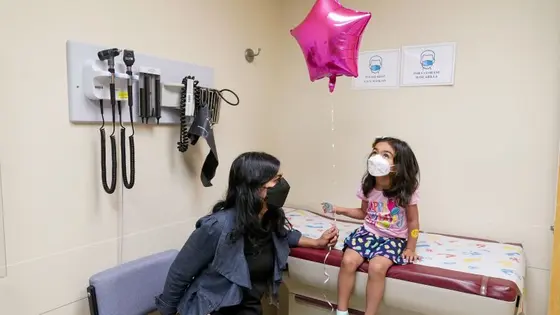
AAP updates vaccine guidance for young children
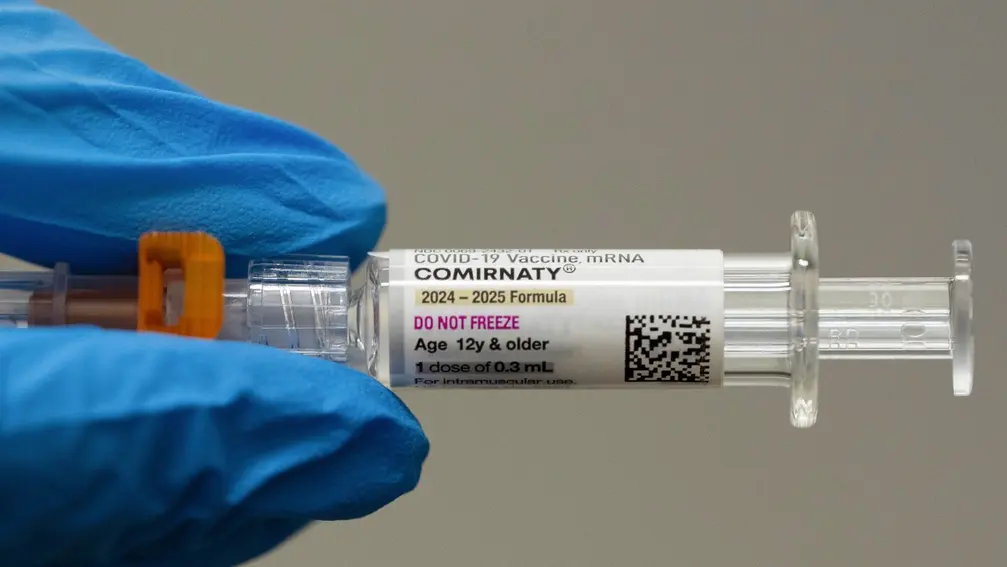
AAP diverges from CDC on child COVID vaccines
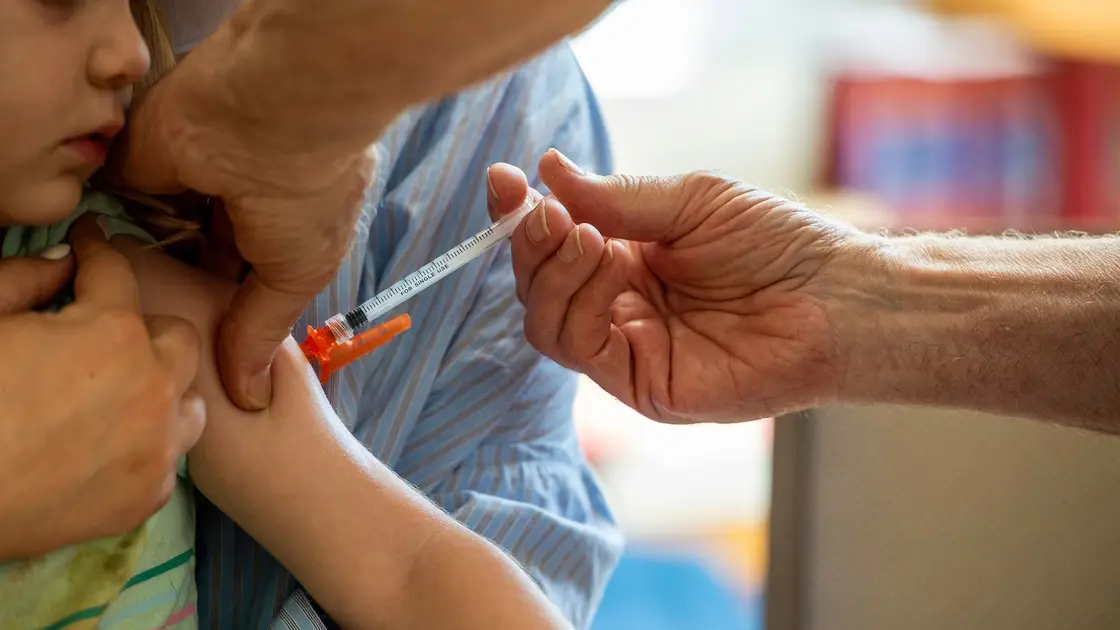
AAP backs COVID vaccine for infants amid clash with Kennedy and CDC
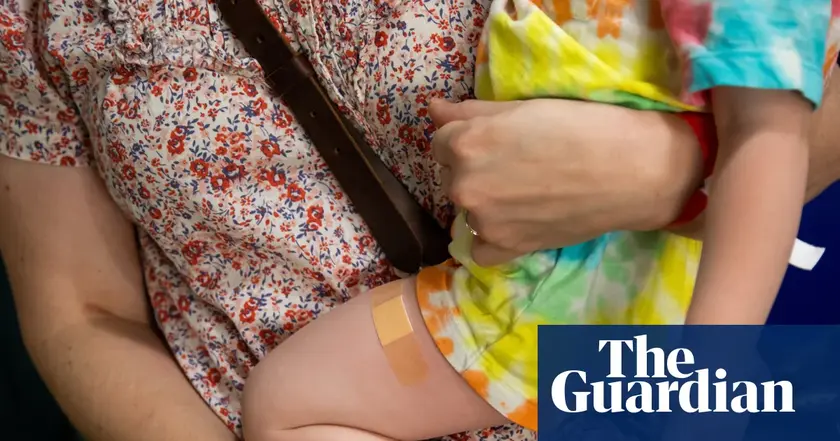
AAP updates vaccine guidance for toddlers
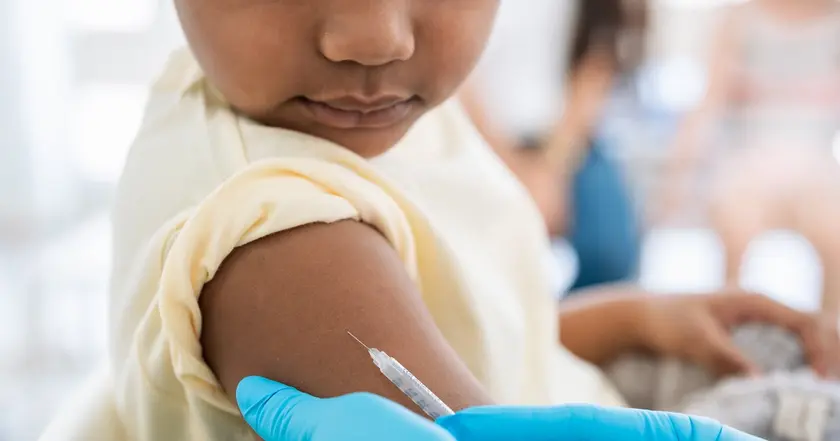
AAP Diverges from CDC on Covid Shots for Children

Massachusetts weighs independent vaccine guidelines
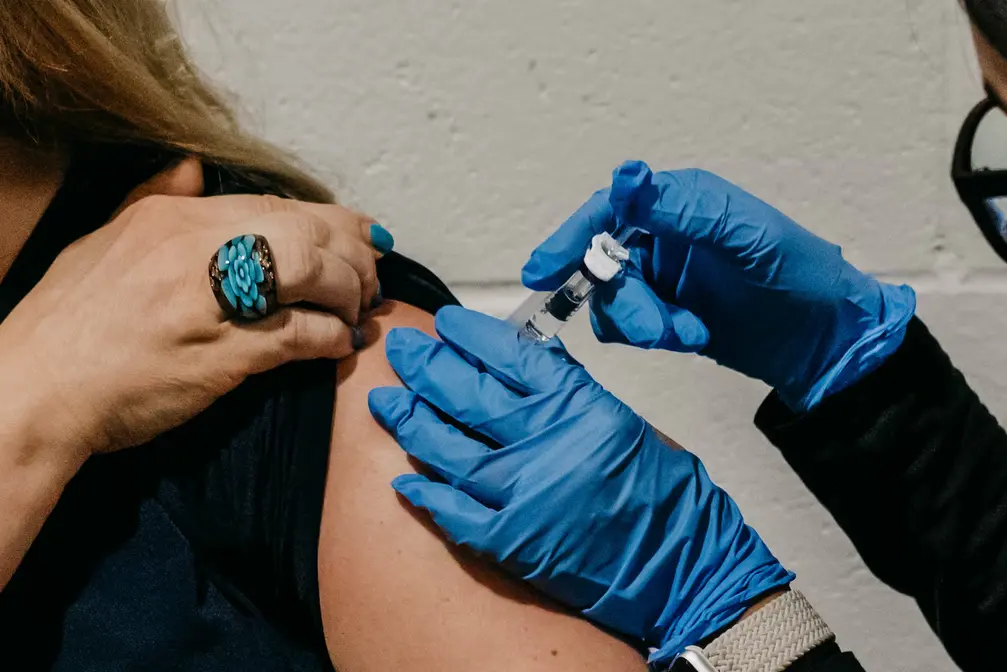
Massachusetts weighs independent vaccine policy amid Kennedy reforms
